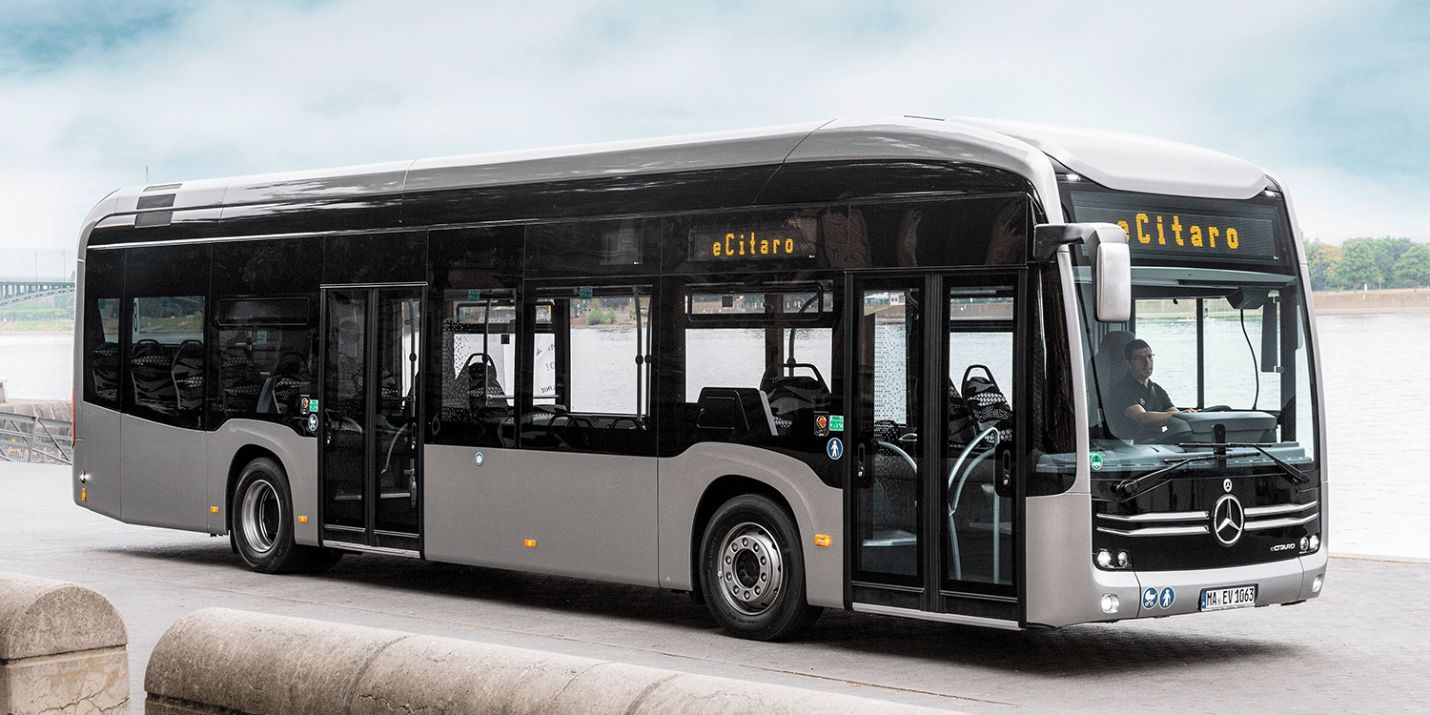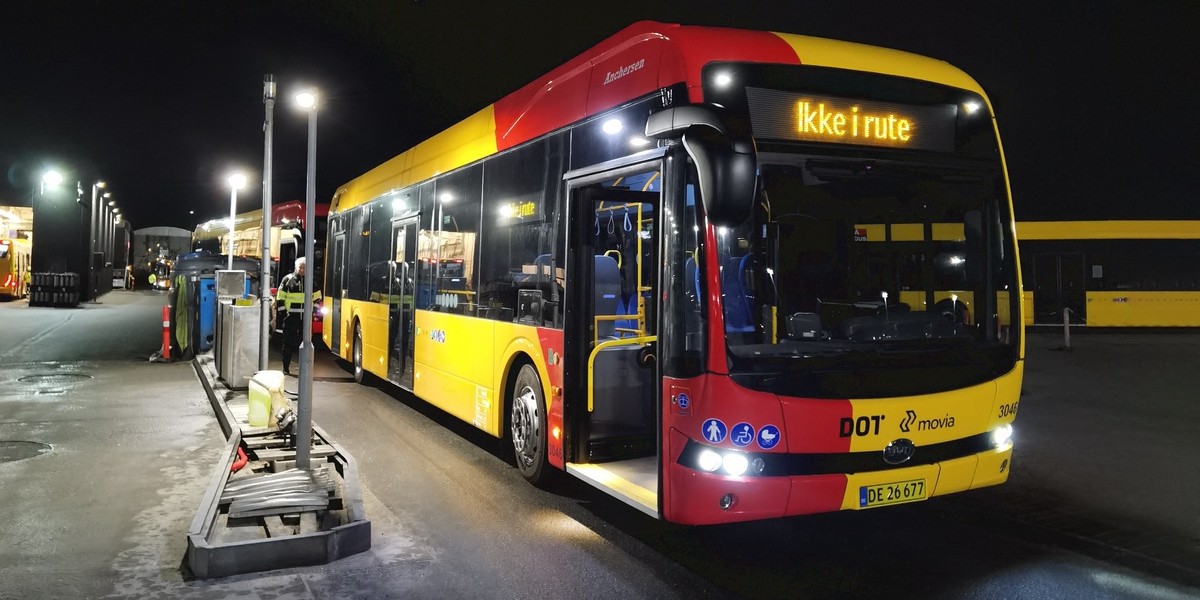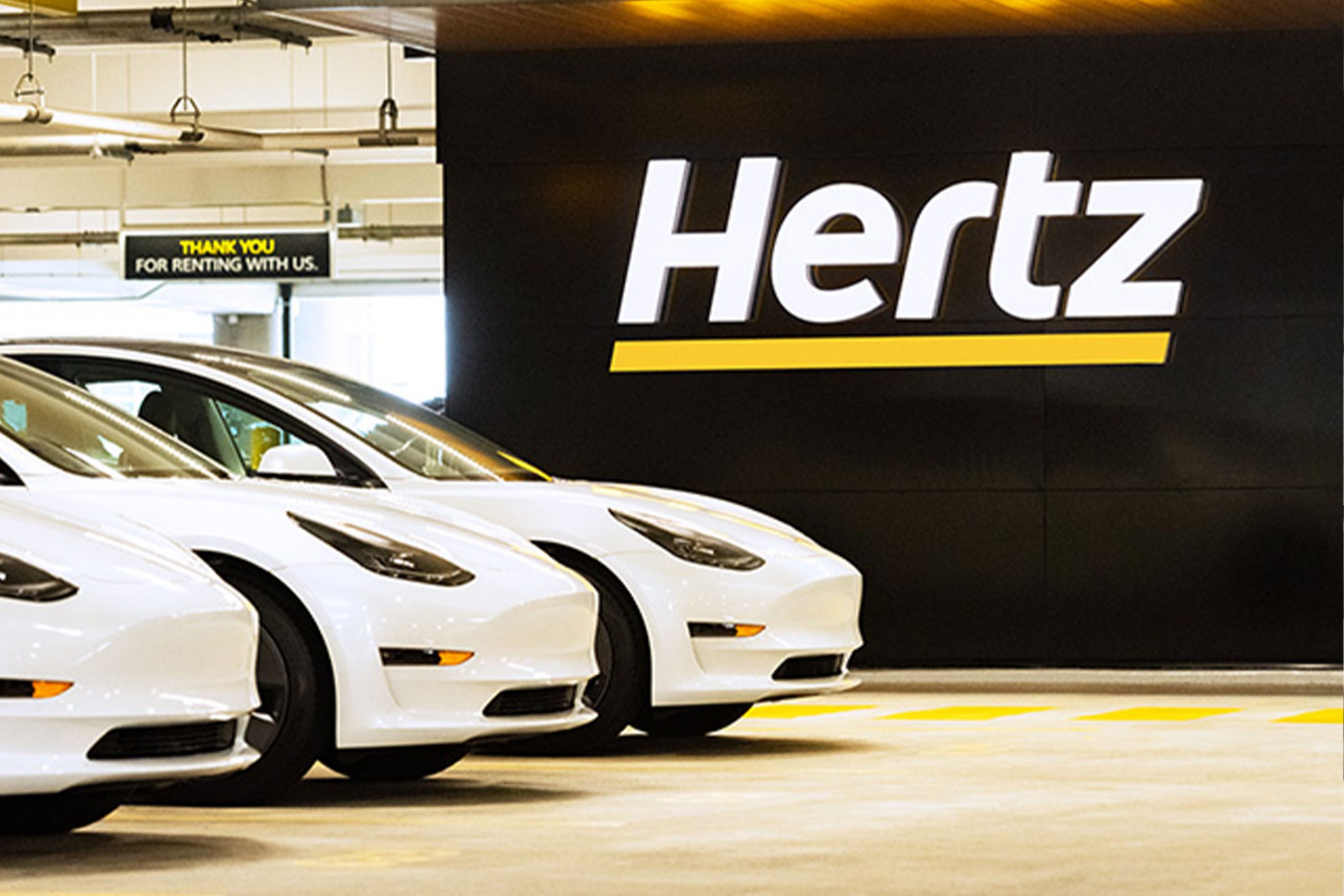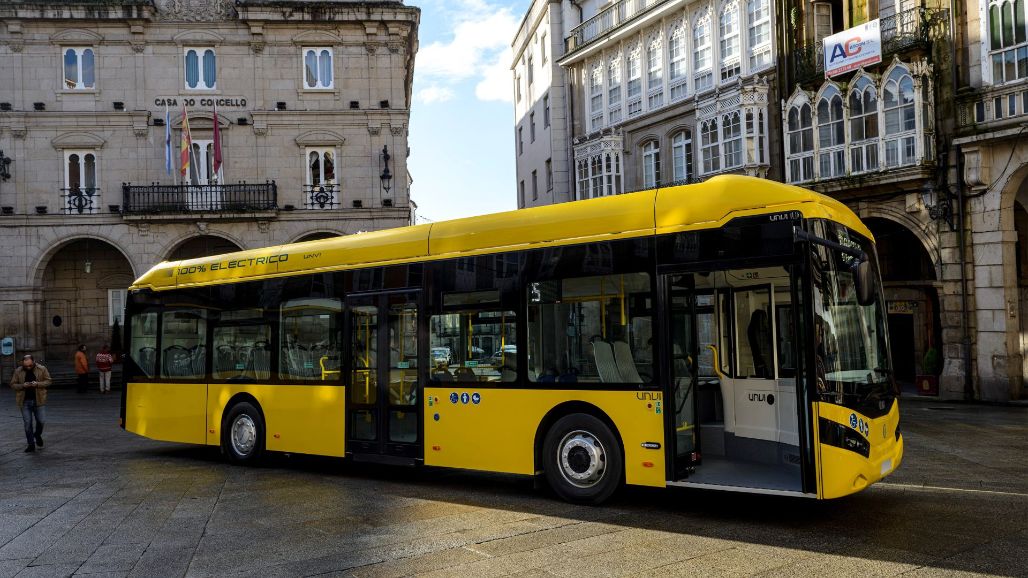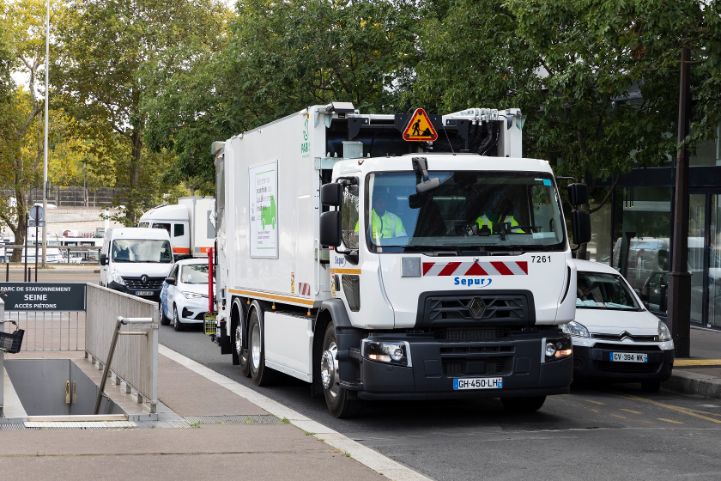German public transit operator, VAG Nuremberg, is expanding its fleet of zero-emission buses with the addition of 46 Mercedes-Benz eCitaros. This includes 16 solo electric buses and 30 articulated models. The gradual introduction of these buses into the fleet will see almost half of VAG Nuremberg’s buses become zero-emission vehicles. The addition of these new eCitaros will bring the total number of electric buses in the 160-strong fleet to 85, with the possibility of more to come.
In 2022, funding was granted by the BMDV for additional e-buses, including 56 for VAG Nuremberg, with 10 still outstanding. The eCitaro buses offer ample passenger capacity, with the solo bus accommodating 73 passengers and the articulated bus having a capacity of 127 passengers, including 44 seats and 83 standing spaces. These buses are equipped with multi-purpose areas for people with wheelchairs, prams, or bulky luggage at key locations, ensuring a comfortable and convenient ride for all passengers.
See also: Mercedes-Benz eCitaro electric bus gets hydrogen-based fuel cell as range extender
By 2030, Verkehrs-Aktiengesellschaft Nürnberg (VAG) plans to completely decarbonize its operations. To accommodate the 46 new electric buses, VAG is expanding the depot at the Schweinau site with the help of Siemens, who has already installed charging facilities and a medium-voltage connection.
The first phase of the expansion will involve upgrading an existing depot with fire protection and providing 46 charging points for the new eCitaro vehicles. During the second phase, VAG will add 24 additional covered parking spaces to the parking hall, with a total capacity for 171 electric buses in the future.
VAG has established partnerships with the companies involved in the project. Nuremberg, the second-largest city in Bavaria after Munich, also has three underground and five tram lines in addition to VAG bus services.

